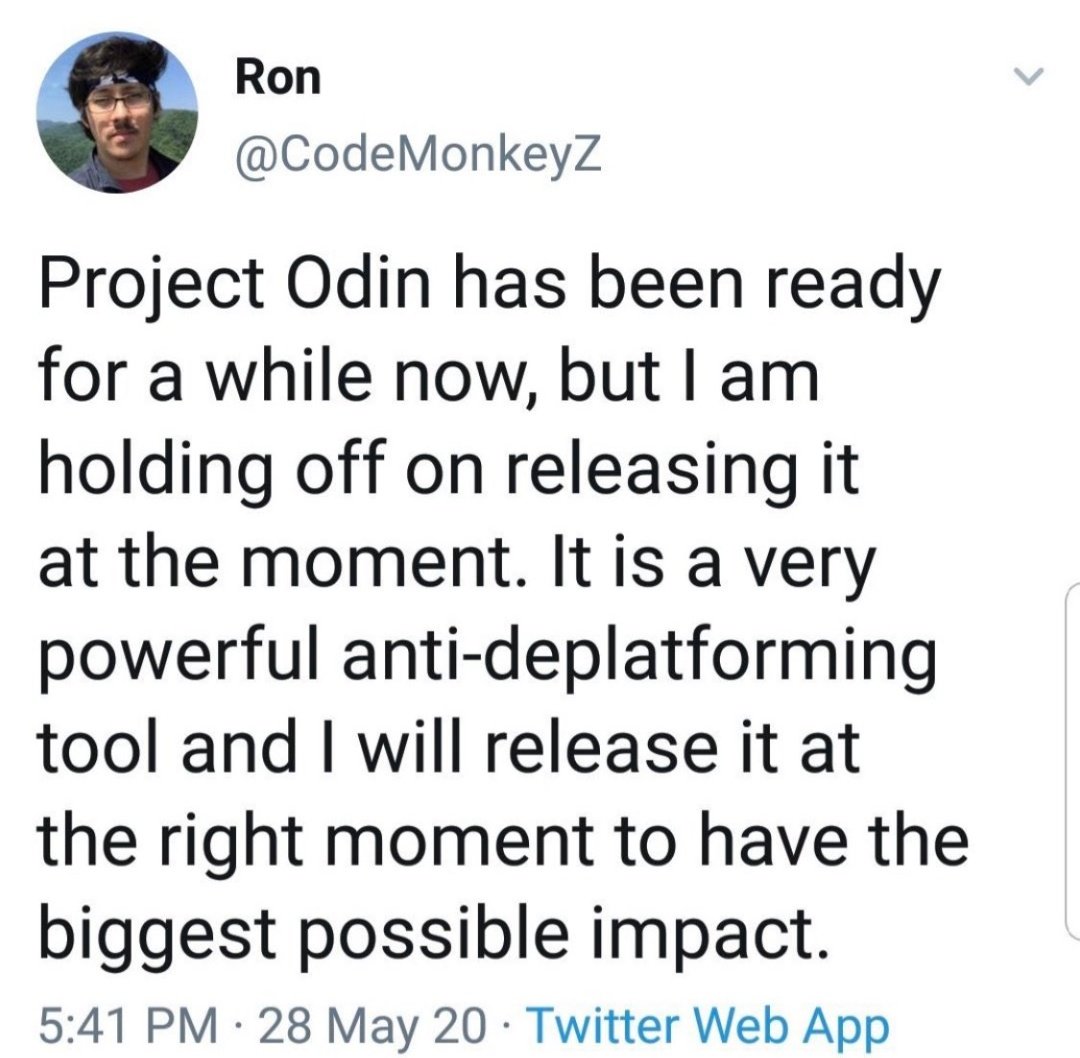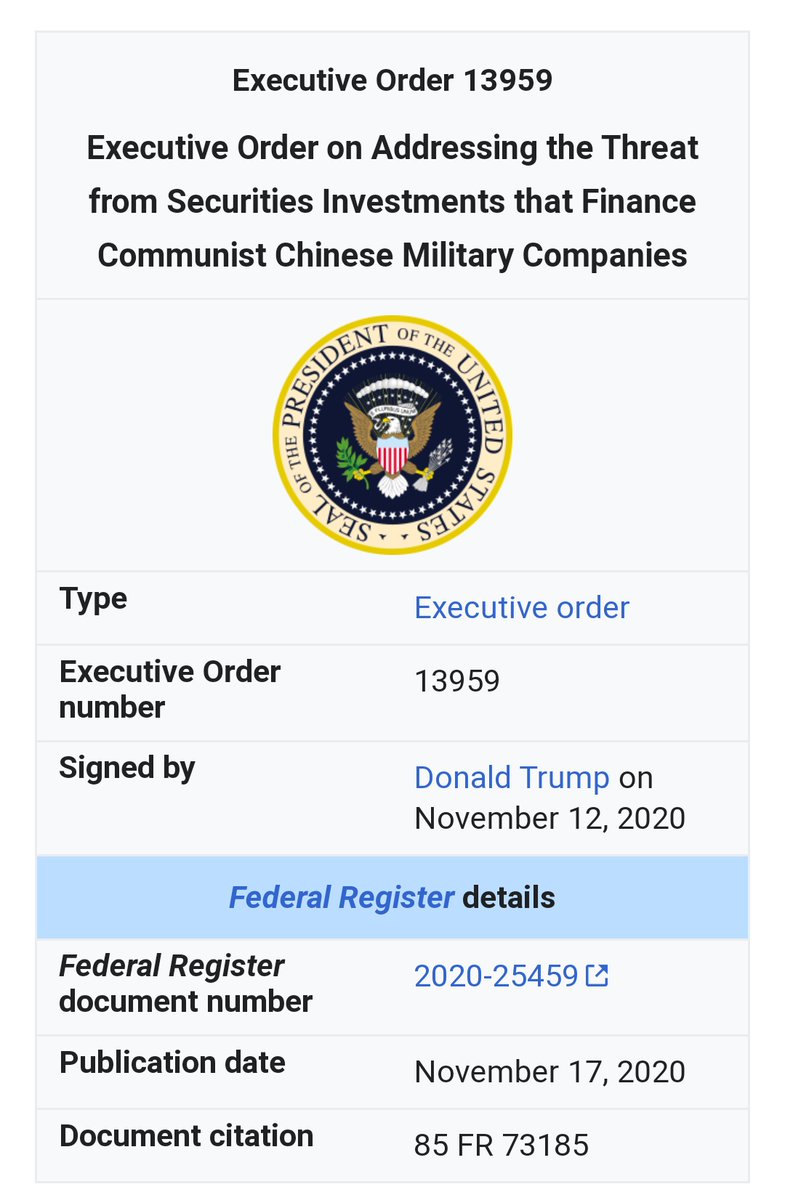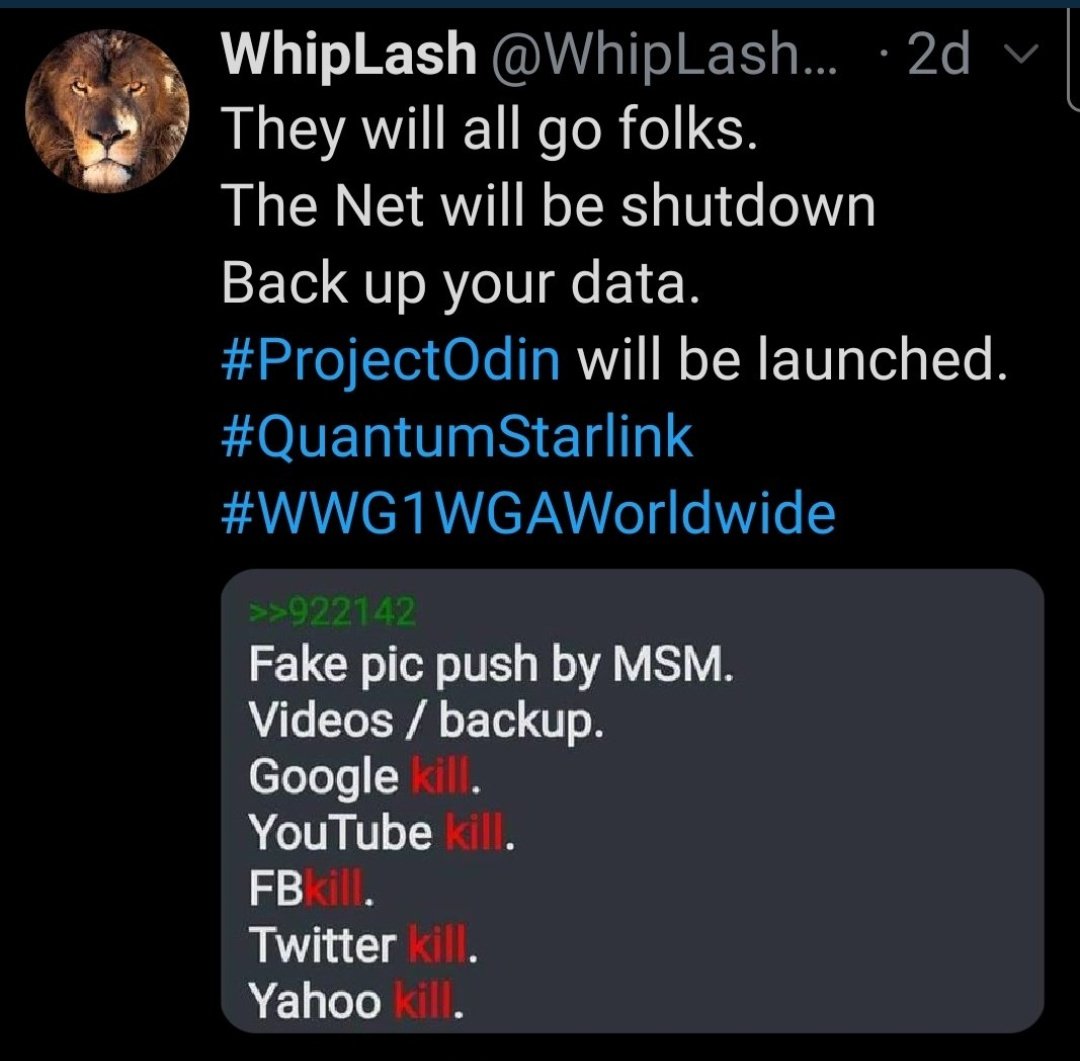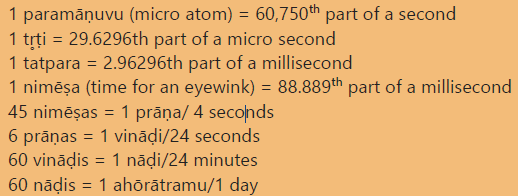Read this thread from @lilithsaintcrow. I really mean it. Just read it. Because if what she is saying is true (and I happen to think it is) it explains *so much*
An example using the Flat Earthers: A thread of many parts:
Let me explain something to those of you who didn't grow up around violently abusive white supremacists.
— Lili Saintcrow (@lilithsaintcrow) January 7, 2021
*They absolutely do not believe their own bullshit*, but it's useful for them to pretend they do.
So how does this translate into the really *really* important thread I quoted at the beginning?
The core idea is that you can just say "I believe the Earth is flat" and *nobody* can prove you don't. Evidence is irrelevant, because we are *playing a game*.
1) People will rationalise their existing ideas. E.g. I don't like fat people, because... they're lazy, or they smell, or they are genetically inferior, or it's Tuesday or whatever insane reason you like.
4) It is impossible to *prove* whether someone genuinely believes it or not. To be fair, I expect that some of them don't even know.
6) People make shocking decisions on the basis of shit data.
Well I expect that some people are a lost cause. They have got so completely lost in a maze of justifications and lies that they are impossible to reach.
I'd argue that this kind of thing is largely the product of *ignorance*. Now I don't mean that we aren't arguing effectively - there are many cleverer and more eloquent people than me working on this. I think it's to do with *experience*.
1) stop peddling bullshit, and
More from Science
It's time, my friends 🤩🤩
[Thread] #ProjectOdin
The Alliance has Project Odin ready to go - the new quantum-based internet. #ElonMusk #QVS #QFS #ProjectOdin
— Der Preu\xdfe Parler: @DerPreusse (@DerPreusse1963) January 12, 2021
https://t.co/fO90N78fta

new quantum-based internet #ElonMusk #QVS #QFS
Political justification ⏬⏬
#ProjectOdin

#ProjectOdin #Starlink #ElonMusk #QuantumInternet

I was Wrong about False Memories: Satanic Panic, Pedophiles, Ted Bundy, and the Lost in the Mall Studies https://t.co/6XKTfGOqwl
— skepchicks (@skepchicks) January 15, 2021
Since this, bizarrely, turned out to be one of my longest videos ever (??) here's a quick thread to sum it up for those of you like myself with short attention spans. 1/10
In the '90s the False Memory Syndrome Foundation was founded to call attention to the problem of adults suddenly "remembering" child abuse that never actually happened, often under hypnosis. Skeptics like James Randi & Martin Gardner joined their board. 2/10
A new article reveals that the FMSF was founded by parents who had been credibly and PRIVATELY accused of molestation by their now-adult daughter. They publicized the accusation, destroyed the daughter's reputation, and started the foundation. 3/10
The FMSF assumed any accused pedo who joined was innocent, saying "We are a good-looking bunch of people, graying hair, well dressed, healthy, smiling; just about every person who has attended is someone you would surely find interesting and want to count as a friend" 😬 4/10

You May Also Like
Like company moats, your personal moat should be a competitive advantage that is not only durable—it should also compound over time.
Characteristics of a personal moat below:
I'm increasingly interested in the idea of "personal moats" in the context of careers.
— Erik Torenberg (@eriktorenberg) November 22, 2018
Moats should be:
- Hard to learn and hard to do (but perhaps easier for you)
- Skills that are rare and valuable
- Legible
- Compounding over time
- Unique to your own talents & interests https://t.co/bB3k1YcH5b
2/ Like a company moat, you want to build career capital while you sleep.
As Andrew Chen noted:
People talk about \u201cpassive income\u201d a lot but not about \u201cpassive social capital\u201d or \u201cpassive networking\u201d or \u201cpassive knowledge gaining\u201d but that\u2019s what you can architect if you have a thing and it grows over time without intensive constant effort to sustain it
— Andrew Chen (@andrewchen) November 22, 2018
3/ You don’t want to build a competitive advantage that is fleeting or that will get commoditized
Things that might get commoditized over time (some longer than
Things that look like moats but likely aren\u2019t or may fade:
— Erik Torenberg (@eriktorenberg) November 22, 2018
- Proprietary networks
- Being something other than one of the best at any tournament style-game
- Many "awards"
- Twitter followers or general reach without "respect"
- Anything that depends on information asymmetry https://t.co/abjxesVIh9
4/ Before the arrival of recorded music, what used to be scarce was the actual music itself — required an in-person artist.
After recorded music, the music itself became abundant and what became scarce was curation, distribution, and self space.
5/ Similarly, in careers, what used to be (more) scarce were things like ideas, money, and exclusive relationships.
In the internet economy, what has become scarce are things like specific knowledge, rare & valuable skills, and great reputations.


















